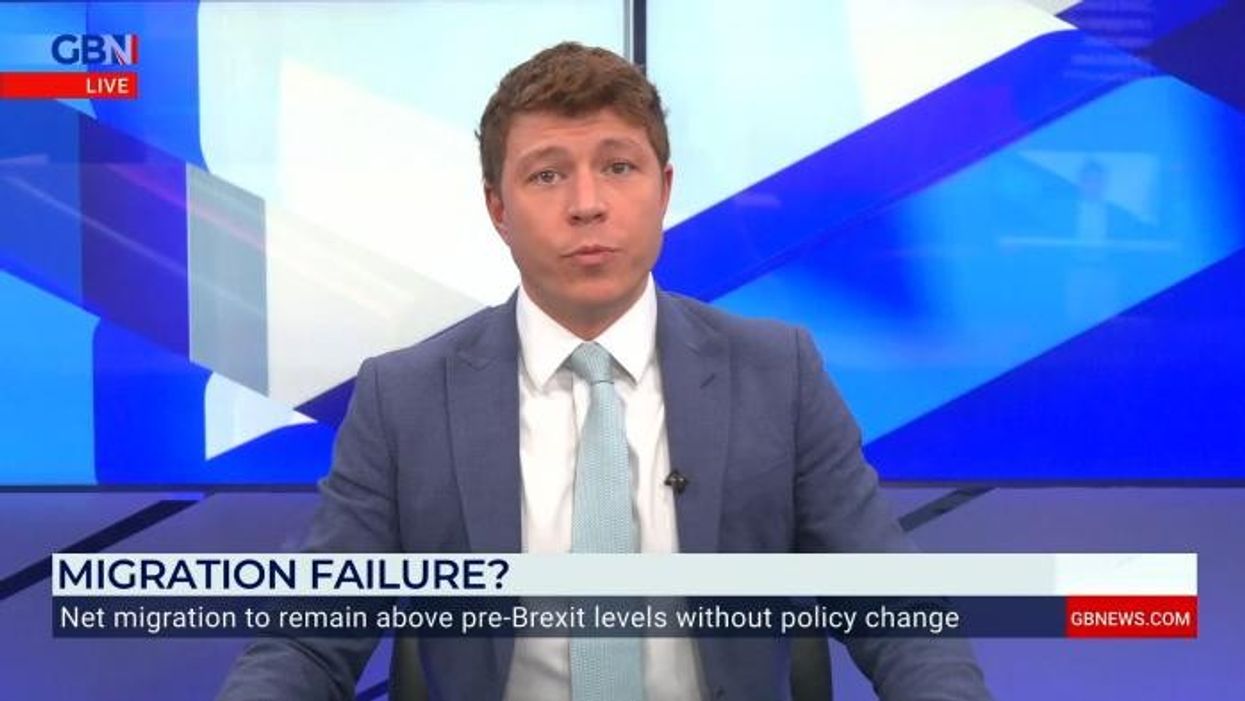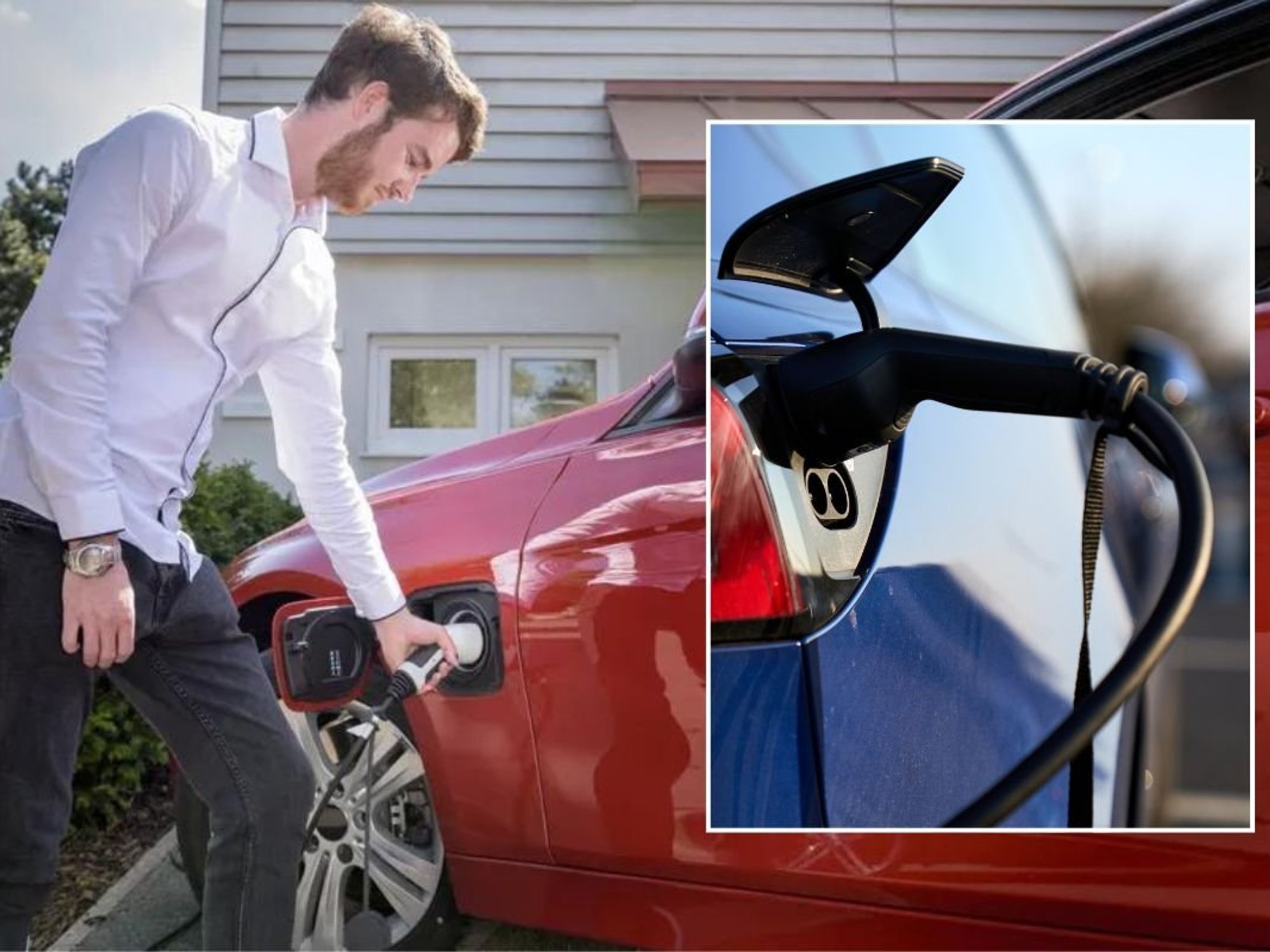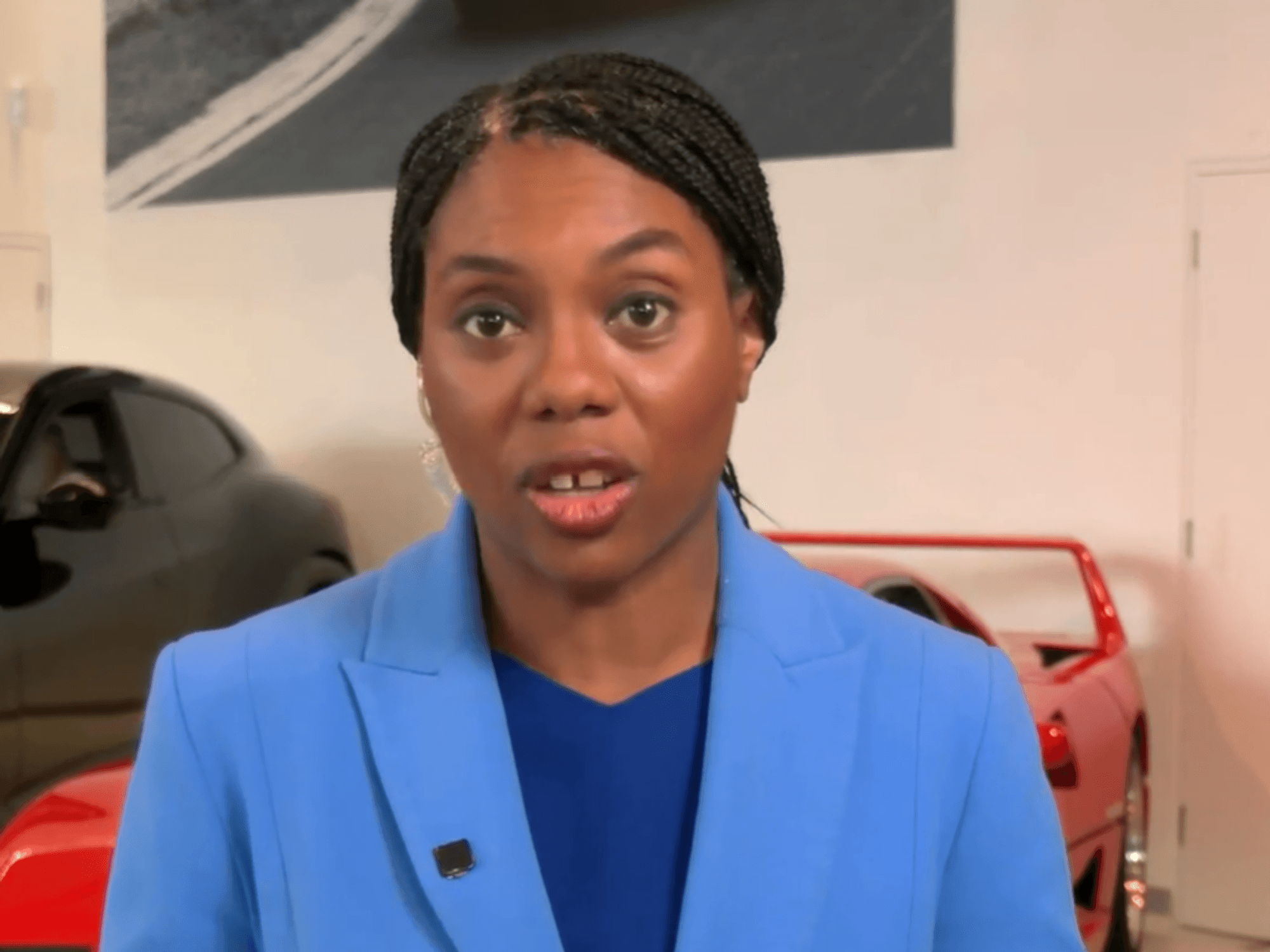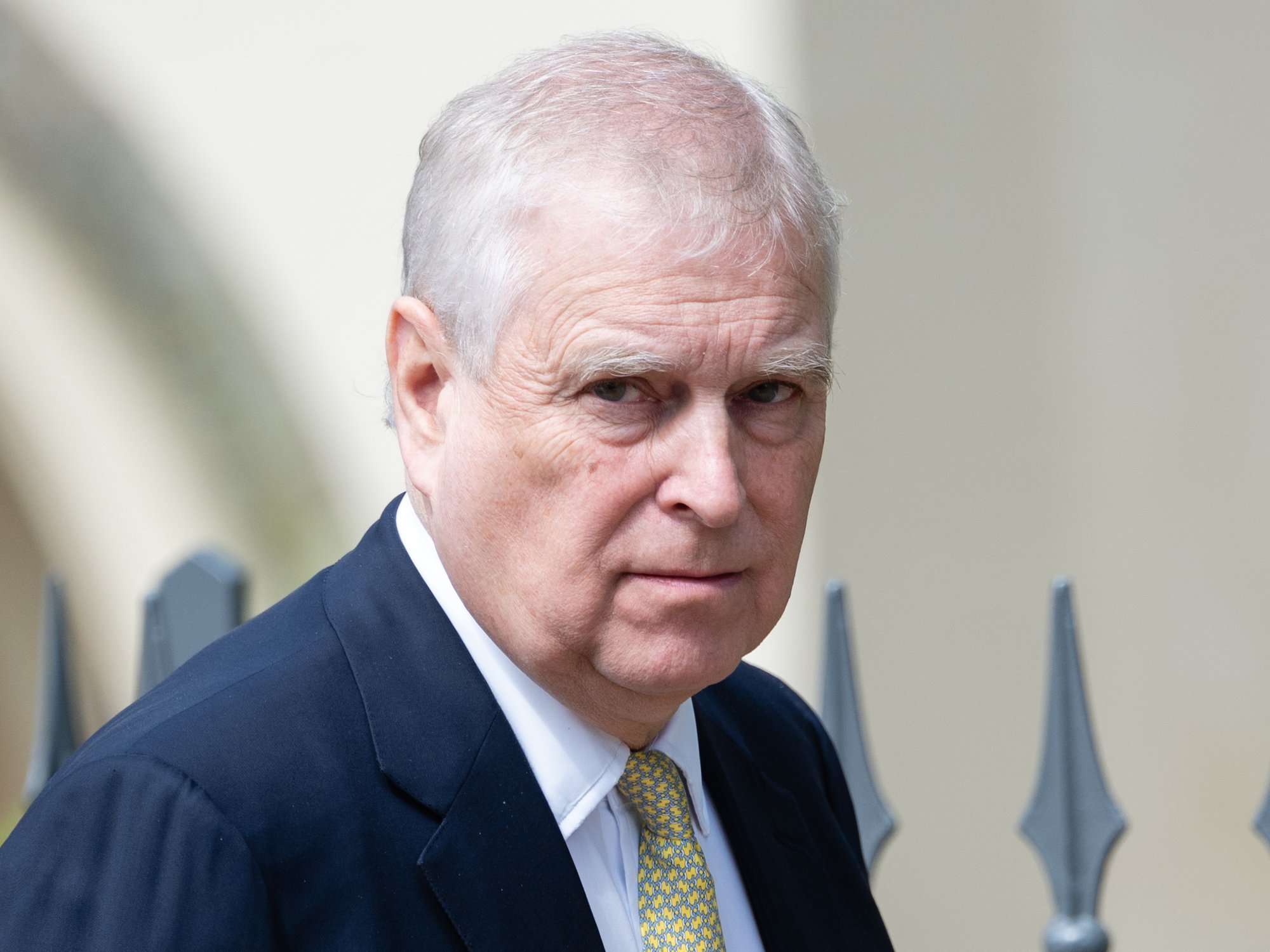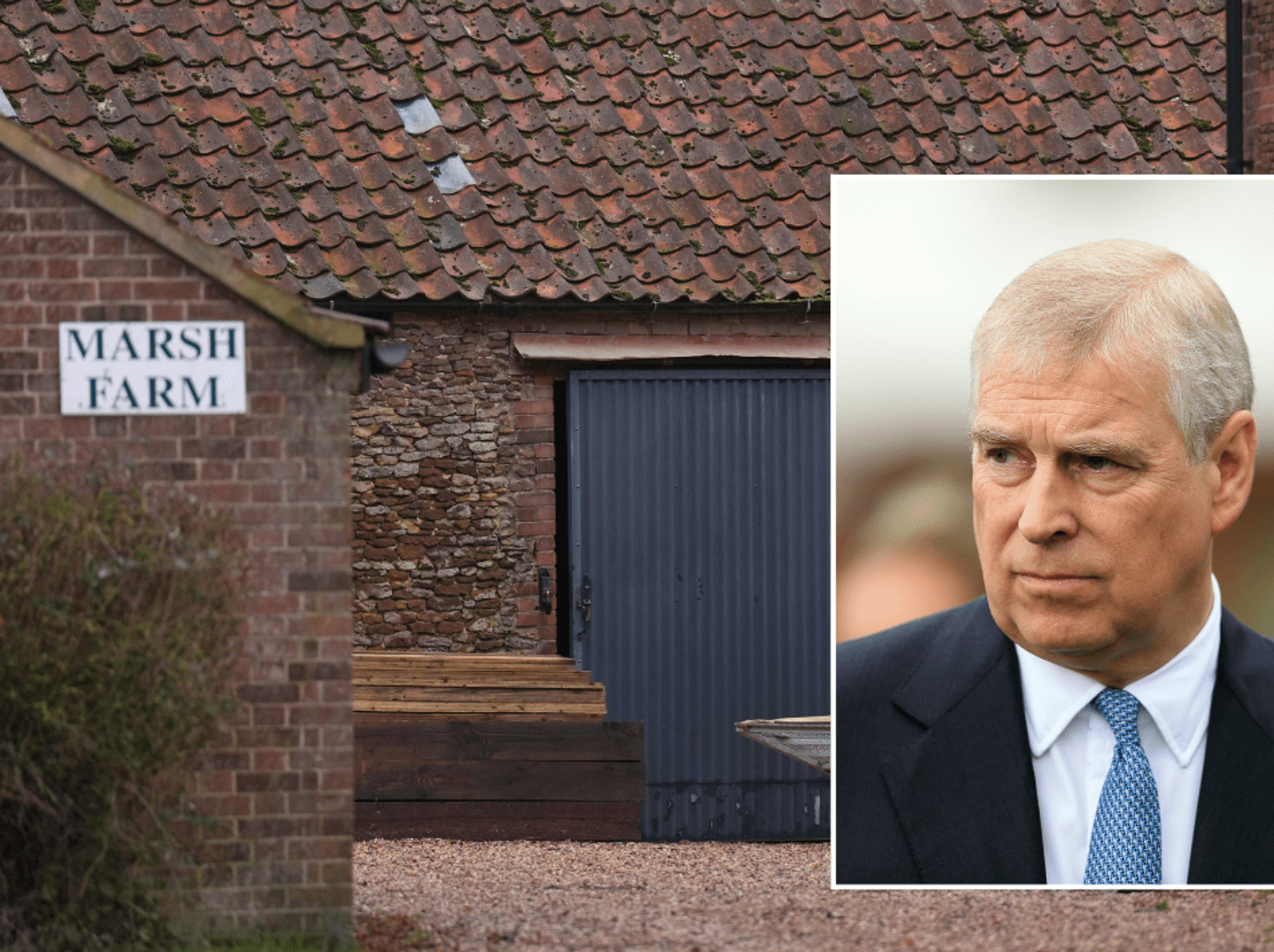'This is NOT what people voted for!' Ann Widdecombe SLAMS post-Brexit migration levels
Ann Widdecombe slams the Government over migration levels
|Figures show migration levels could take until 2030 to reach pre-Brexit levels
Don't Miss
Most Read
Latest
Former MP Ann Widdecombe has slammed the Government over their failure to gain control over the level of immigration in the UK since leaving the EU in 2016.
Migration levels have loomed over the Conservative Party throughout their 13 years in power, with David Cameron promising to reduce the figure to "tens of thousands" a year when he was in office.
Ann Widdecombe joined Patrick Christs on his GB News show to discuss the new figures and projections for when immigration might become more manageable.
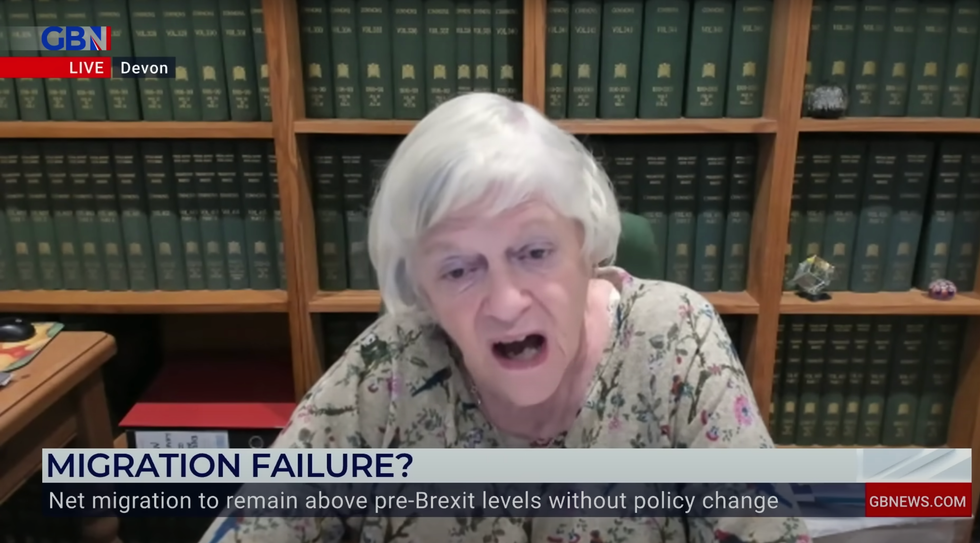
Ann Widdecombe slams the Government over migration figures
|GB News
Patrick opened the conversation, saying, “Let me start with the immigration side of things first and foremost, which is that apparently we might not have a reduction in our immigration levels that much to pre Brexit levels unless new policies are imposed. I mean shock, horror, this isn't what people voted for surely?
“No, this is not what people voted for,” Ann responded. “And what this comes down to is that we haven't skilled our own population.”
“That lies at the door not only of this government, which party has been in power for 13 years, but it goes back beyond that as well.“
“And effectively, we've relied on other people's skills, on importing other people's skills, or indeed a lot of unskilled labour, simply because they're willing to do the work that some of our people aren't willing to do.
LATEST DEVELOPMENTS:
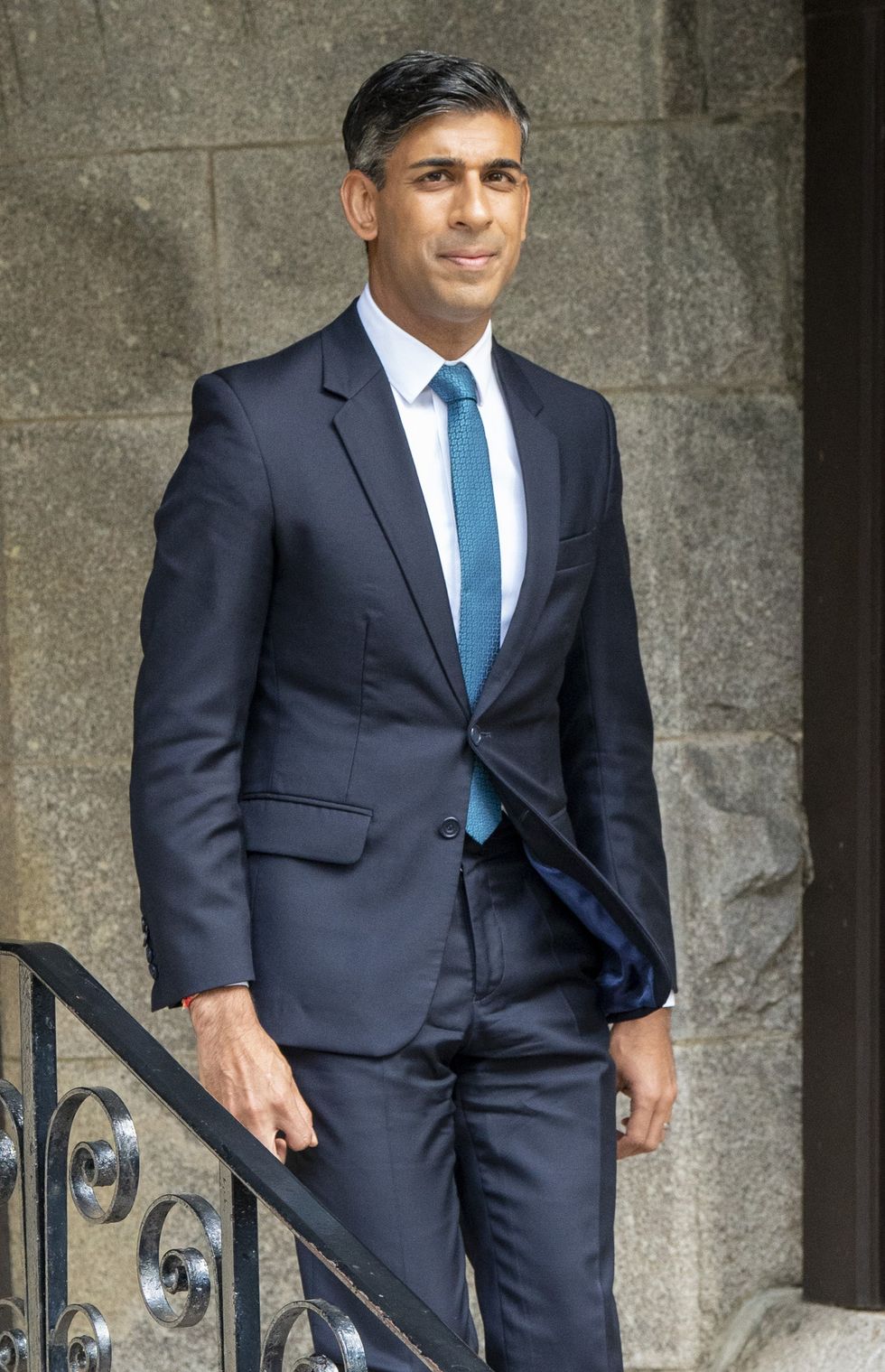 Rishi Sunak made 'stopping the boats' a core pillar of his plan for government | PA
Rishi Sunak made 'stopping the boats' a core pillar of his plan for government | PAThe report comes after ministers came under fire in 2022 as net migration hit a record high, in part as a result of the influx of refugees and those entering Britain under Hong Kong resettlement schemes.
Co-author of the new report and professor of economics at LSE, Alan Manning, said: “Most plausible scenarios involve net migration falling in the coming years.
"But many different factors affect the outlook, including what share of international students switch to long-term work visas, whether work visa numbers continue to increase as sharply as they have done in the past few years, and what happens to asylum applications.
"The unpredictability means it’s very hard for policymakers to guarantee that they will deliver a specific level of net migration."
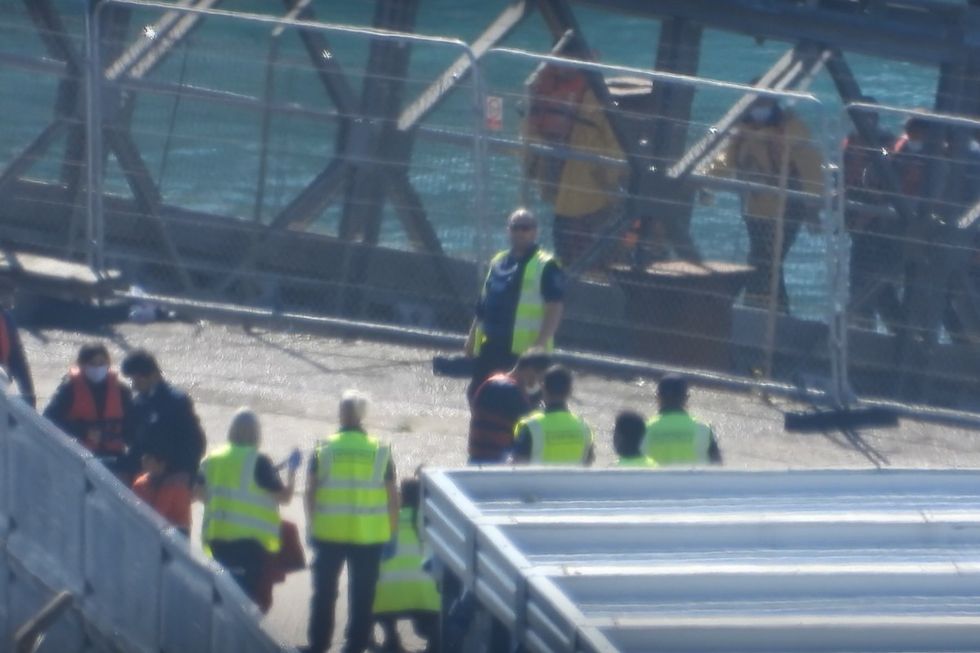 Migrants arrive in Dover | GB News
Migrants arrive in Dover | GB NewsFinally Widdecombe offered her solutions to the current migrant crisis facing the UK.
“We have to do 2 things. First of all, as far as unskilled life goes, we have to make sure that our own population does it, and if it doesn't do it, that it doesn't get paid for sitting at home doing nothing.
“But as far as the skilling goes, that's a very different matter. It means the government should have already made an assessment of the level of skills and the numbers that we need in things like health, education, whatever it might be, and that we should be planning to train our own workforce.”
“If we simply rely on bringing in skills from outside, then yes, of course nothing's going to go down. Why would it?!”


